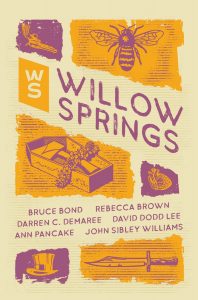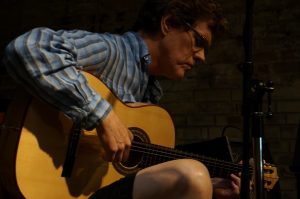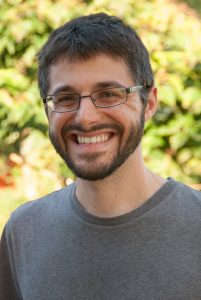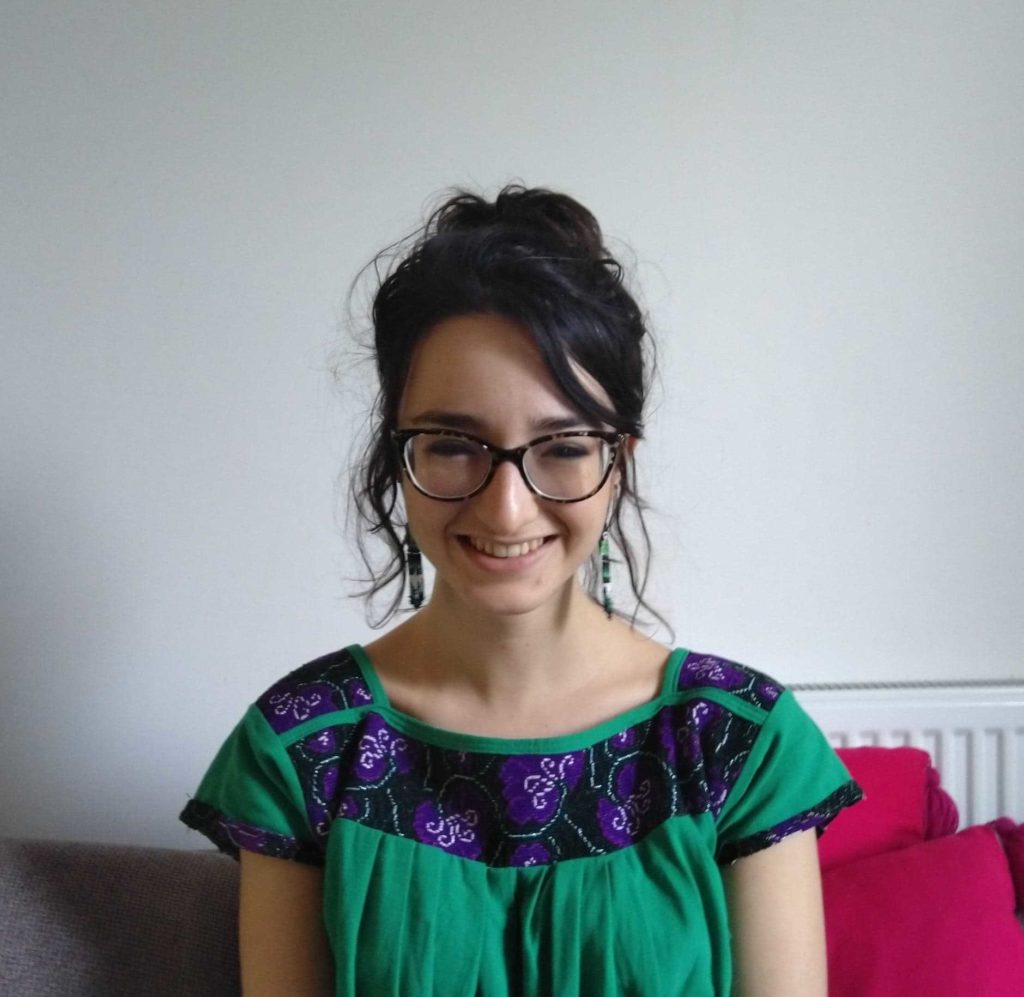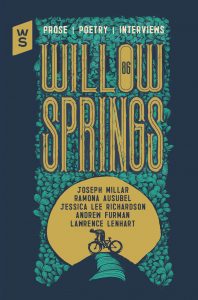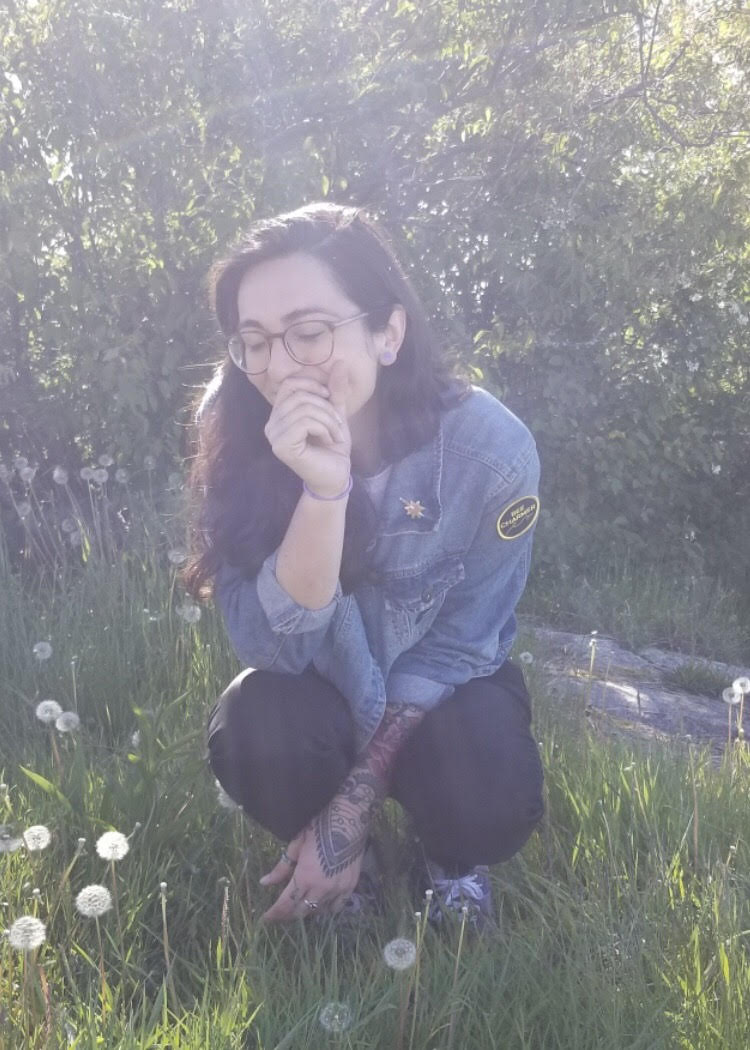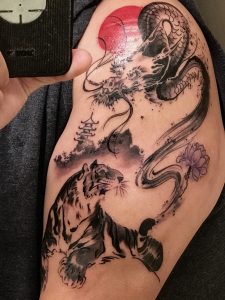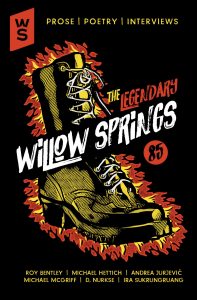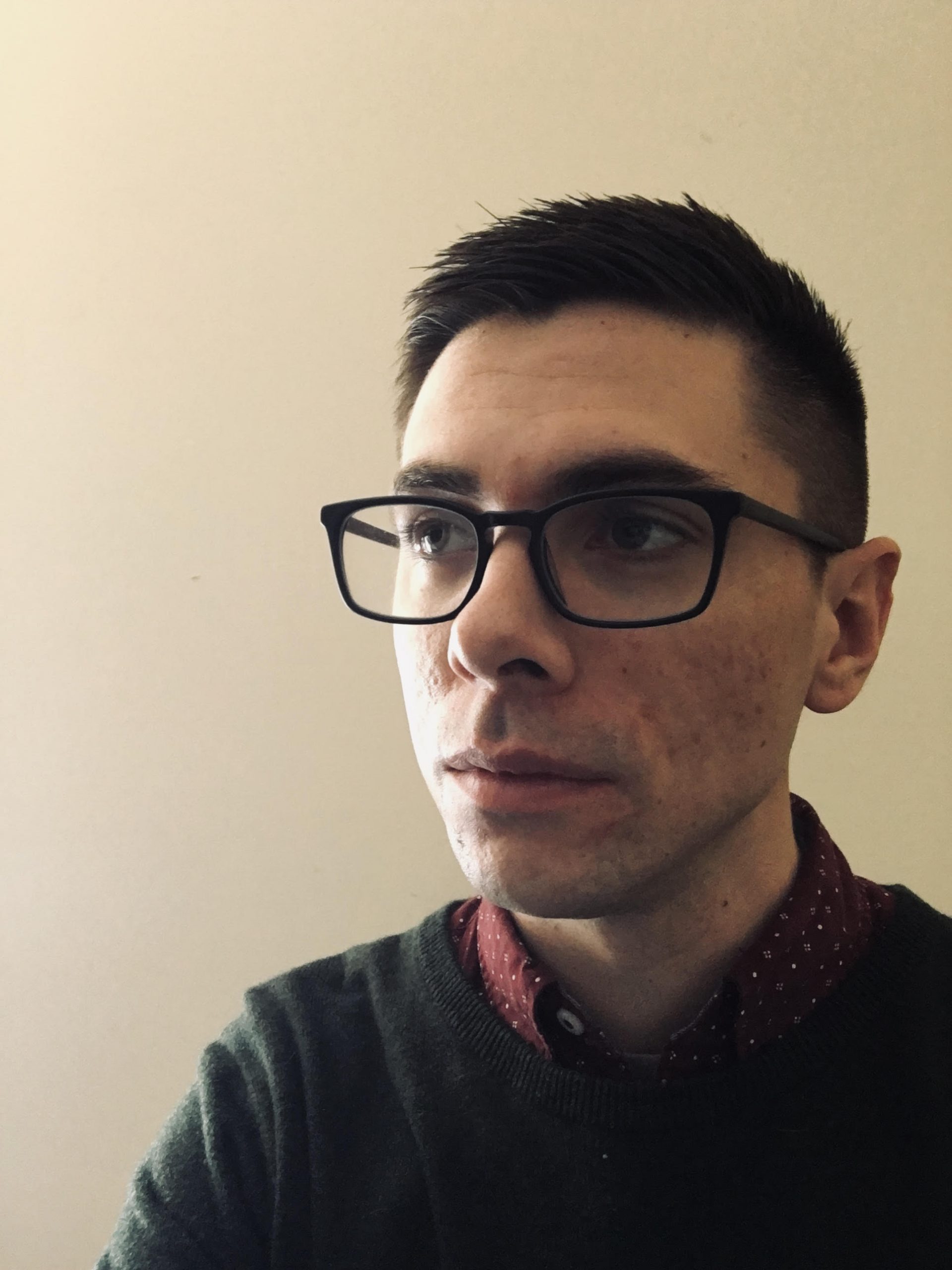
About Gail Martin
Gail Martin’s book Begin Empty-Handed won the Perugia Press Poetry prize in 2013
and was awarded the Housatonic Prize for Poetry in 2014. The Hourglass Heart (New Issues Prose and Poetry), was published in 2003. She works as a psychotherapist in private practice in Kalamazoo, MI. http://www.gailmartinpoetry.com/
A Profile of the Author
Notes on “Switches” and “What Pain Doesn’t Know About Me”
Switches
My theory is that we develop a kind of “health identity” when we are young and that when it starts to erode and shift, we are stunned. These bodies, once reliable are no longer so steadfast. It is disconcerting. Both these poems were written during a period when I was trying not to be browbeaten and cowed by some health issues—both my own and those of close friends.
What Pain Doesn’t Know about Me
I had bi-lateral hip replacements within six weeks of each other. During the on-ramp to these surgeries, I kept looking for the parts of me that were not taken over by the pain. Personifying pain and talking back to it helped me diminish it some. (along with drugs.)
Music, Food, Booze, Tattoos, Kittens, etc.
In Michigan, we are always five miles from a lake and that suits me well. If I can’t get to a lake, there are pools. Swimming keeps me moving and keeps me sensible. Nothing can get to you underwater. No incoming. I am most at peace at our family cottage in northern Michigan, on the lake that Hemingway called home his first 20 summers. I am not a fan of Hemingway, but I am a big fan of Walloon Lake whose waters are deep, cold and clear.
My psychotherapy practice has become part-time and my weeks are peppered with play dates with my nearly 3-year-old grandson. Who knew the joys of CARS, CARS, CARS— building “car homes” from toilet paper rolls, from dominoes, parking cars in perfect alignment, stacking them, building roads with the pinochle deck? It never gets old.
Music plays in my head all the time. (Is this normal?) Last year I’d wake in the night with the “Hamilton” soundtrack rapping along. My taste is various although more often it runs toward Keb’ Mo’ rather than Bach: Bonnie Raitt, Lyle Lovett, Pink Martini, Sam Cooke, Allison Kraus, The Beatles, The Band. Closer to home, I am a total fan of May Erlewine.
As I write this, it’s early summer and I am literally toting a big bouquet of peonies from room to room so I don’t miss a moment of that fragrance. A fleeting season. At my age, each quotidian day is quite exemplary and lovely. The more ordinary the better. I take nothing for granted. The pathos of time passing is genuine.
Sorry, we couldn't find any posts. Please try a different search.

